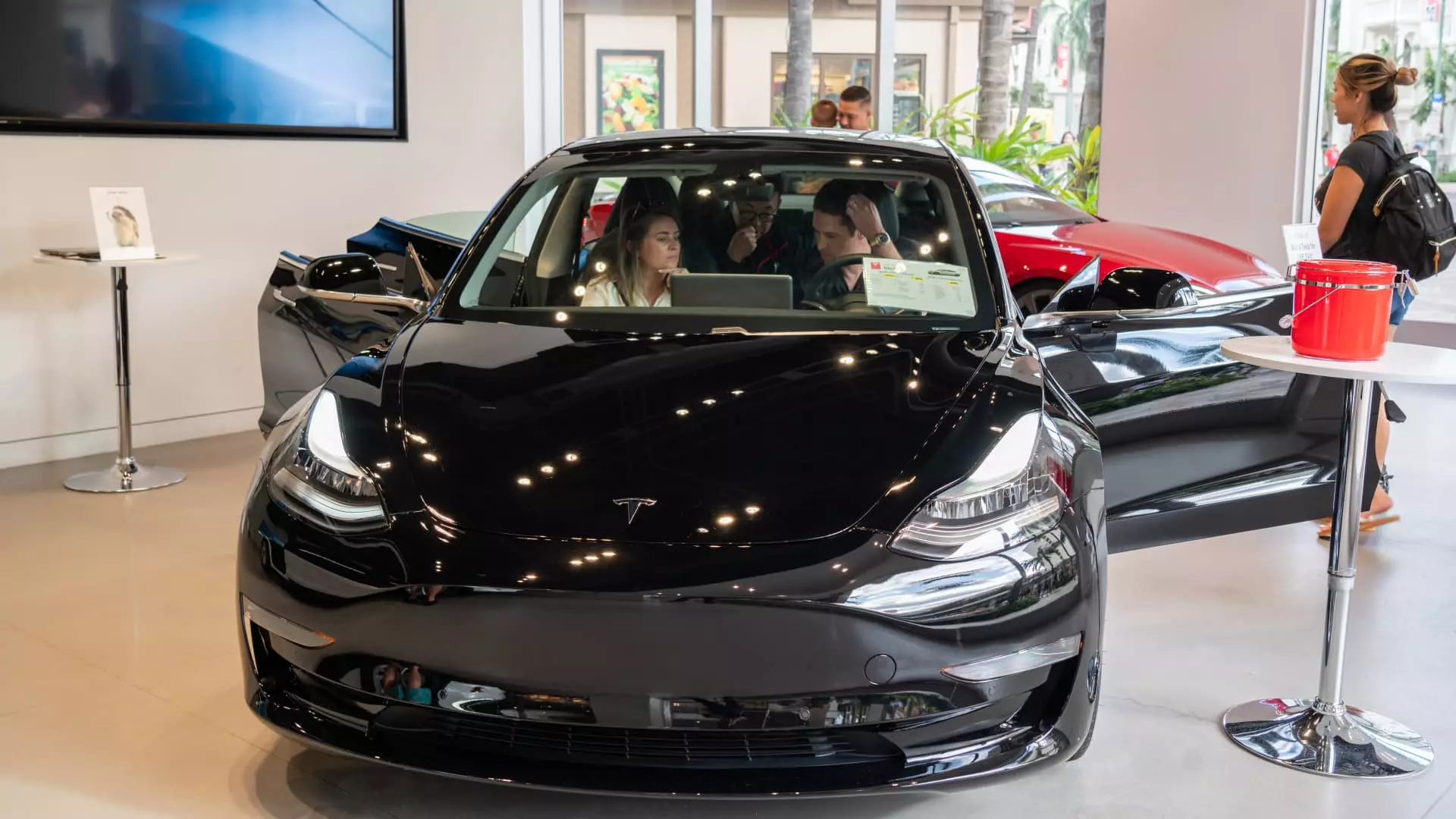The move of U.S. consumers towards all-electric vehicles has been somewhat sluggish, with the exception of Hawaii. Despite the slow overall adoption of EVs in the United States, Hawaii has emerged as a leader in this space. As of this year, Hawaii is the fifth-ranked state in terms of overall EV adoption, with 11.9% of new retail vehicles sold through February being electric. Additionally, Hawaii ranks third in J.D. Power’s “EV Adoption Score,” trailing only California and Washington. This score takes into account various factors such as market conditions, consumer preferences, and EV availability, placing Hawaii at a score of 33.8.
Factors Driving EV Adoption in Hawaii
Several factors contribute to Hawaii’s high rate of EV adoption. High fuel costs, the availability of renewable energy for charging, and cultural factors all play a role in encouraging consumers to opt for electric vehicles. Ivan Drury, director of insights at auto research firm Edmunds, attributes Hawaii’s embrace of EVs to a strong sense of responsibility towards stewarding the land and a cultural affinity for sustainable practices.
Unlike many mainland states, road trip concerns are less of an issue in Hawaii due to its relatively small size and island geography. While long road trips may pose a challenge for EV owners in other parts of the U.S., Hawaii’s compact layout minimizes this concern. Additionally, high gasoline prices in Hawaii further incentivize consumers to switch to electric vehicles, given that the average price for a gallon of gas in the state is significantly higher than the national average.
Despite its leadership in EV adoption, Hawaii faces challenges similar to those on the U.S. mainland. These challenges include a lack of charging infrastructure, affordability issues, and limited vehicle options. The state is working to address these obstacles to further accelerate the transition to electric vehicles. While EV adoption in Hawaii remains relatively low compared to traditional vehicles, there is a growing interest in electric models, with consumer demand steadily increasing.
The average cost of purchasing an EV from a franchised dealer in Hawaii is over $62,600 this year, down from the previous year but still higher than the average vehicle price in the state. Affordability remains a key concern for potential EV buyers, as higher prices can deter some consumers from making the switch. However, the availability of more affordable EV models, such as Kia’s Niro, is helping to make electric vehicles accessible to a wider range of consumers in Hawaii.
Hawaii’s accelerated adoption of electric vehicles highlights the state’s commitment to sustainability and environmental responsibility. With a combination of favorable conditions such as high fuel costs, renewable energy sources, and cultural attitudes, Hawaii has emerged as a standout market for EVs. Despite facing challenges such as cost and infrastructure limitations, Hawaii continues to make progress in transitioning towards a cleaner, greener transportation future.


Leave a Reply